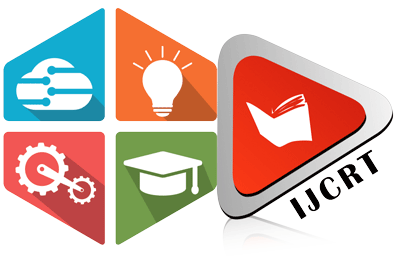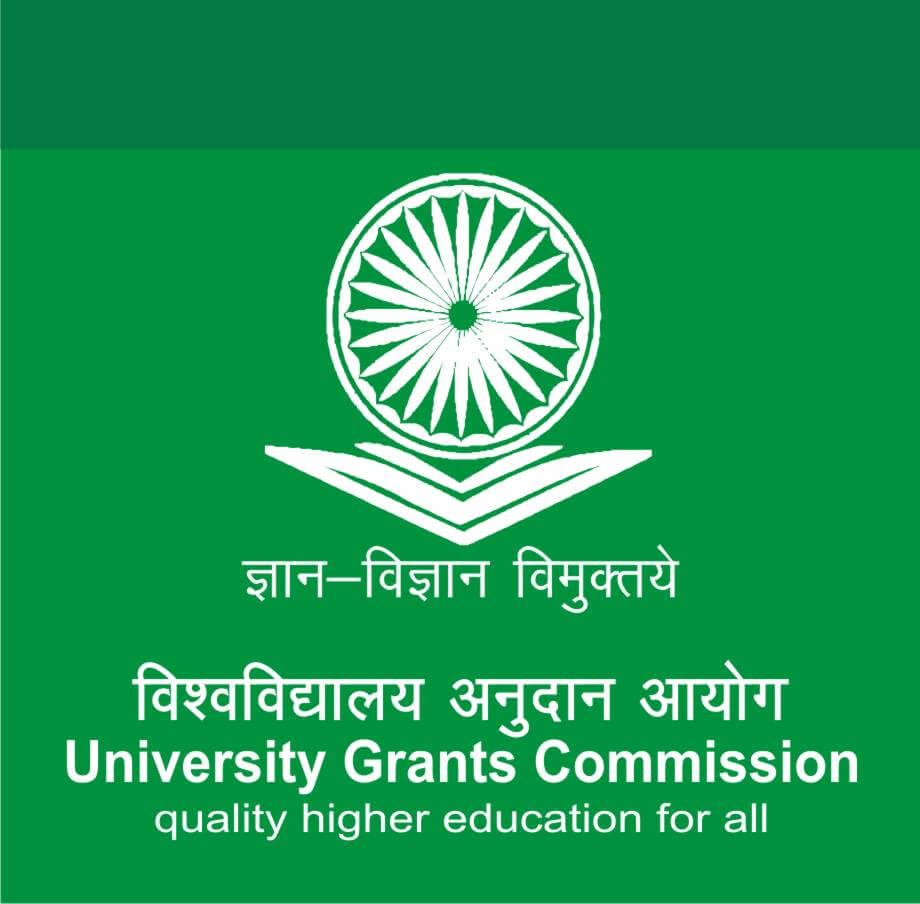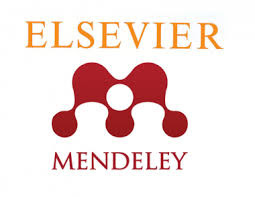INTERNATIONAL JOURNAL OF CREATIVE RESEARCH THOUGHTS - IJCRT (IJCRT.ORG)
International Peer Reviewed & Refereed Journals, Open Access Journal
IJCRT Peer-Reviewed (Refereed) Journal as Per New UGC Rules.
ISSN Approved Journal No: 2320-2882 | Impact factor: 7.97 | ESTD Year: 2013
Call For Paper - Volume 14 | Issue 1 | Month- January 2026
Scholarly open access journals, Peer-reviewed, and Refereed Journals, Impact factor 7.97 (Calculate by google scholar and Semantic Scholar | AI-Powered Research Tool) , Multidisciplinary, Monthly, Indexing in all major database & Metadata, Citation Generator, Digital Object Identifier(CrossRef DOI)
Contact Us Click Here
WhatsApp Contact Click Here
Published Paper Details:
Paper Title
The Role of AI in Climate Crisis Journalism: Amplifying Public Awareness through Real-Time Reporting
Authors
Reetika Poonia, Dr. Amit Sangwan
Keywords
Artificial Intelligence, Climate Crisis Journalism, Public Awareness, Real-Time Reporting, Natural Language Processing, Media Ethics, Sustainable Development Goals (SDGs).
Abstract
Imagine a huge wildfire breaking out or a major flood hitting a coastal city. Today, thanks to Artificial Intelligence (AI), the news about these climate disasters can be reported almost instantly and in much more detail. This review paper looks at how AI is changing the game for journalists covering the climate crisis. We wanted to understand how these new tools are helping news get to the public faster and what that means for all of us. Basically, we explore the connection between AI-powered reporting and how much people actually know and care about climate issues.
The paper digs into existing research to see how AI tools are used. For example, AI can scan satellite images (that's computer vision) to spot a new forest fire automatically. It can sift through massive amounts of weather data (using predictive analytics) to give better warnings about a coming hurricane. It can even write basic news updates (using natural language processing) the second an earthquake happens. This makes reporting on climate crises not just quicker, but also more accurate and able to cover a wider area. But the big question is: does this high-speed, AI-helping-hand approach actually make a difference to the public? We looked at whether this kind of reporting makes people more aware of the problems, gets them more engaged, and even inspires them to take action that supports bigger sustainability goals.
We also talk about some important themes that come up again and again. Like, how AI can tailor climate news to different audiences, making it more personal. But it's not all positive. We also tackle the tricky parts--the ethical dilemmas. What if the AI has a bias and pays more attention to disasters in wealthy countries? How can we trust news that's written by an algorithm? And what happens to the human journalists? Is there still a crucial role for them when AI can handle the basics?
By looking at real-world examples where AI has been used in reporting, we try to pinpoint what works well and what we need to be careful about. In the end, our review concludes that AI has incredible potential to supercharge how we communicate about the climate crisis. It can be a powerful microphone for raising public awareness. However, to really make it work for everyone, we can't just let the technology run wild. We need strong ethical rules and inclusive practices to guide its use. This ensures that the conversation it amplifies is fair, accurate, and helpful for everyone.
This paper wraps up by pointing out what we still don't know--the gaps in current research-- and suggests where future studies should focus. Our goal is to provide useful insights not just for other researchers, but also for the people making policies and the journalists on the front lines, all working towards a more sustainable future.
IJCRT's Publication Details
Unique Identification Number - IJCRT2510013
Paper ID - 294461
Page Number(s) - a91-a98
Pubished in - Volume 13 | Issue 10 | October 2025
DOI (Digital Object Identifier) -
Publisher Name - IJCRT | www.ijcrt.org | ISSN : 2320-2882
E-ISSN Number - 2320-2882
Cite this article
Reetika Poonia, Dr. Amit Sangwan, "The Role of AI in Climate Crisis Journalism: Amplifying Public Awareness through Real-Time Reporting", International Journal of Creative Research Thoughts (IJCRT), ISSN:2320-2882, Volume.13, Issue 10, pp.a91-a98, October 2025, Available at :http://www.ijcrt.org/papers/IJCRT2510013.pdf
Article Preview
Indexing Partners
Call For Paper January 2026
Call For Papers
January 2026
Volume 14 | Issue 1
Last Date :
28-Feb-2026
Submit Manuscript Online Impact Factor: 7.97 Review Results : Within 02-03 Days Paper Publication : Within 02-03 Days
January 2026
Volume 14 | Issue 1
Last Date :
28-Feb-2026
Submit Manuscript Online Impact Factor: 7.97 Review Results : Within 02-03 Days Paper Publication : Within 02-03 Days
Published Issue Details
For Authors
Forms / Downloads
Other IMP Links
Indexing Partner
Research Area
LICENSE
ISSN and 7.97 Impact Factor Details

ISSN: 2320-2882 Impact Factor: 7.97 and ISSN APPROVED Journal Starting Year (ESTD) : 2013
ISSN and 7.97 Impact Factor Details

ISSN: 2320-2882 Impact Factor: 7.97 and ISSN APPROVED Journal Starting Year (ESTD) : 2013
DOI Details
CONFERENCE
CONFERENCE MANAGMENT & PUBLICATION CONFERENCE PROPOSAL
RECENT CONFERENCE

CONFERENCE PROPOSAL CONFERENCE PROCEEDINGS

CONFERENCE PROPOSAL CONFERENCE PROCEEDINGS
For Reviewer /Referral (RMS) Earn 500 per paper
Important Links
NEWS & Conference
Digital Library
IJCRT RMS | Earn 500 Per Paper.
LICENSE
Indexing Partner






































































